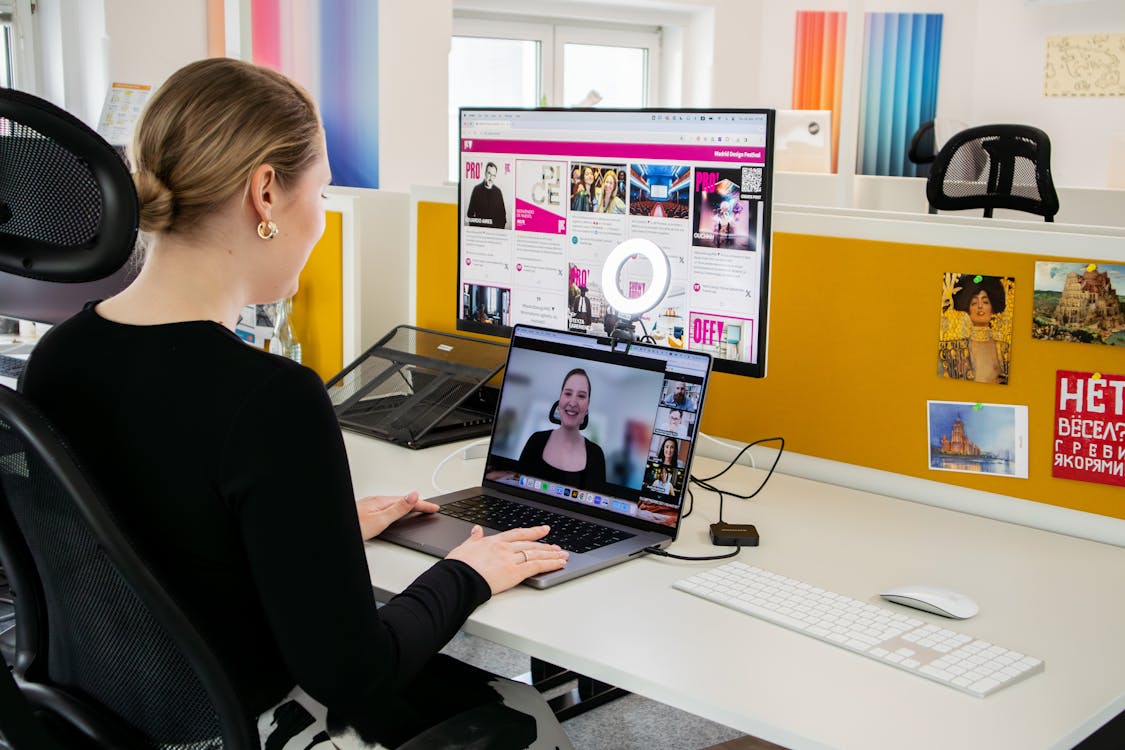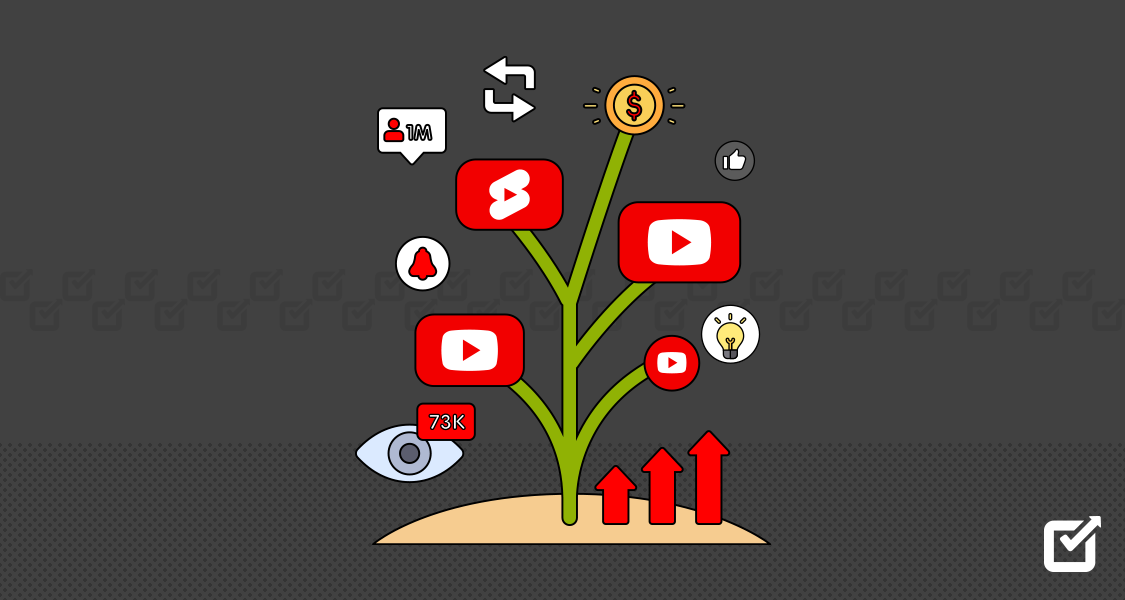Remote Interviews Are the New Normal
Gone are the days of commuting to an office in a suit and tie. In 2025, remote job interviews are now the standard hiring process for thousands of companies across the globe. From tech giants like GitLab to rising startups on AngelList Talent, knowing how to succeed in a virtual interview can be your ticket to a dream job.
This guide walks you through everything you need to know to master your next remote job interview: from setting up your space to answering tough questions like a pro.
Remote Interview Basics You Can’t Ignore
1. Test Your Tech
Your setup says a lot about how ready you are for remote work.
Must-have tools:
- Zoom or Google Meet (preferred by most remote companies)
- Krisp for noise cancellation
- Grammarly for communication clarity
- Speedtest.net to ensure strong internet (at least 10 Mbps upload/download)
2. Prep Your Environment
Your background matters. Opt for a neutral, uncluttered space.
Bonus tip: Use a tool like Snap Camera for professional lighting filters, or Camo Studio to turn your smartphone into a high-quality webcam.
Most Common Remote Job Interview Questions
Here’s what hiring managers will definitely ask:
1. “How do you manage your time when working remotely?”
Talk about tools like Notion, Trello, or ClickUp. Share a time-blocking method you use.
2. “Describe your ideal remote work environment.”
Highlight noise-canceling headphones, natural lighting, or even a standing desk setup. Show that you’ve optimized for productivity.
3. “How do you stay connected with remote teams?”
Discuss your experience with Slack, Asana, or Zoom check-ins. Mention async communication when relevant.
4. “What challenges have you faced working remotely—and how did you handle them?”
Be honest, but solutions-focused. For example, talk about beating isolation with a virtual coworking group or weekly team calls.

Must-Have Soft Skills for Remote Work in 2025
Remote employers care less about what you wear and more about how you work. These soft skills are gold:
- Self-motivation: You’ll need to show you can thrive without constant supervision.
- Proactive communication: It’s not enough to respond—you need to lead.
- Adaptability: Tools, workflows, and even time zones change fast.
- Accountability: You own your time and output.
- Digital etiquette: Don’t interrupt on Zoom. Mute when needed. Use clear subject lines in emails.
Remote Interview Mistakes to Avoid
- Logging in late
- Talking too fast or too little
- Ignoring body language (yes, it matters on video)
- Multitasking
- Weak internet (always have a backup hotspot)
Role-Specific Tips
Software Engineer
- Use GitHub and code samples to walk through your portfolio
- Expect whiteboard-style coding sessions via CoderPad or HackerRank
- Highlight collaboration in tools like Jira and Bitbucket
Project Manager
- Show experience managing distributed teams with Asana, ClickUp, or Monday.com
- Talk about sprint planning, retrospectives, and stakeholder communication
Customer Success Specialist
- Emphasize your use of Zendesk, Intercom, or HubSpot
- Give examples of resolving customer issues remotely
Content Strategist
- Bring up your CMS experience (like WordPress)
- Highlight SEO knowledge using SEMRush or Ahrefs
- Showcase past content calendars or social strategies

Standout Interview Follow-Up
Send a follow-up email within 24 hours. Mention:
- What you enjoyed about the conversation
- How your skills match the role
- A link to your portfolio or LinkedIn
Pro tip: Use Hunter.io to find professional emails if needed.
RELATED POSTS:
- How to Set Up Your Resume for Remote Work in 2025
- How to Set Up Your Resume for Remote Work: What Recruiters Really Look For
- How to Build Authority as a Remote Worker (2025 Edition)
Prep, Practice, Win
Landing a remote job in 2025 isn’t just about your resume—it’s about your readiness to communicate, adapt, and shine from behind a screen. With the right tools, soft skills, and preparation, your next remote job interview can be the start of a career you love.



